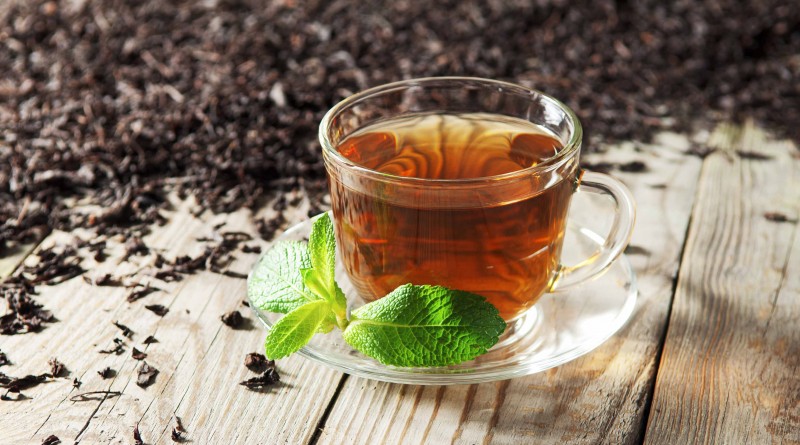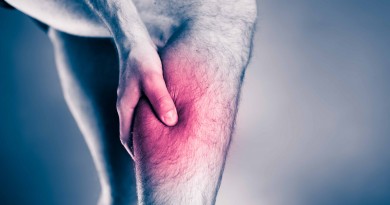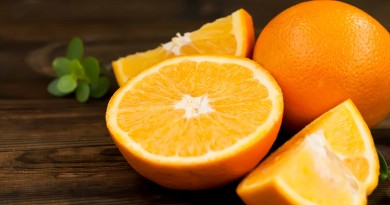The harm of the excess tea
Despite being very healthy, tea in excess can harm your health. Learn how this drink so appreciated can have negative effects.
There are few drinks in general consensus with beneficial action for our health. With equally important nutrient properties, one would expect that the more tea we drink, the better. But the reality is not exactly that. Excess of this drink can contribute to weaker bones, disturbances in sleep or for yellowish teeth.
The reason why we should not ingest tea in large doses is essentially the fact that virtually all of them have theine (or caffeine from tea), but also with the fact that it contains high doses of fluoride or tannin, substances that most teas are rich, which contributes to problems of constipation and stains teeth.
Four cups of tea a day, tops, are the right amount for those who do not want to suffer the stimulating effect of the theine. If this there is exaggerated consumption, you could become dependent on this drink or experience its negative effects, such as increased agitation, disturbance of sleep cycles, irritability or headaches.
If you have iron absorption problems, it is best to even determine the quantities of tea you consume daily. Tannin interferes with the ability of our organism has to absorb the mineral. Colorado State University, USA, shows that it can lower its absorption in 60%. This may result, for example, in detriment to the health of our intestines, preventing them from conducting their regular movements leading to constipation.
Tea can also interfere with the administration of certain medications such as antibiotics. The Medical Center of the University of Maryland, USA, reports that this drink can increase the effectiveness of antibiotic medication or liquefy the blood and lessen the effectiveness of others, like some of the drugs used in chemotherapy or contraception.
If you value your immaculate white teeth, the best is even keep away from excessive doses of tea, especially the darker teas. Instead, choose teas with lighter color, as white tea. The substances responsible for the color of this drink can affect, in the long run, the color of your teeth and darken them, especially if they are porous.







